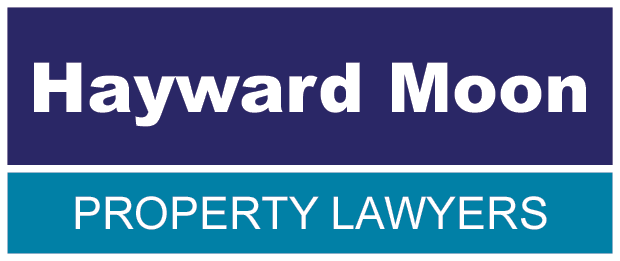What is the HM Land Registry?
Over 85% of land and property in England and Wales is registered with His Majesty’s Land Registry according to their records. The records stored with the Land Registry can be accessed by the public and are stored electronically. This removes the risk of lost deeds as duplicates are readily available for a small fee. When a registered property is sold, a conveyancer will obtain the register from Land Registry to ensure that they have the most up to date information.
What happens when a property is registered?
When a property is registered, details of the address and ownership are registered with Land Registry. The details of any existing mortgages, charges and restrictions will also be shown as well as rights affecting the property and a filed plan. All information is collated to be contained or referred to in one document called the register of title.
Why are so many properties registered
Triggers for compulsory registration were phased in during the 20th century until compulsory registration was introduced for the whole of England and Wales on 01 December 1990. As this was now over 30 years ago, it is not very common to come across properties that are still unregistered.
When a property is unregistered, the owner will still need to evidence their ownership by producing the original deeds for the property. These will certainly pre-date 1990 and often fit the stereotype of thick yellowing deeds that smell musty and often contain the odd dead spider (or a live one if you are as unfortunate as I once was!). Homeowners may have these kept in their home, a deeds store or with a mortgage lender.
Do I need to register my property?
If you own an unregistered property, it is recommended that you apply for a voluntary first registration at the Land Registry. This will allow your ownership of the property to be evidenced on the central record with electronic copies kept of all relevant documents. This removes the risk of deeds being lost but also helps the Land Registry achieve their goal of comprehensive registration by 2030. There is a 25% discount available for those who apply for voluntary first registrations.
Can I sell an unregistered property?
When selling an unregistered property, the conveyancer will collate and review all of the deeds to identify a deed called the “Root of Title” and produce an Epitome of Title which will set out all relevant title deeds to the buyer’s lawyer in a clear, chronological manner. The Epitome of Title needs to clearly show the chain of ownership, any mortgages and whether they are repaid or not, as well as rights and covenants that still affect the property.
Once an application is made to Land Registry for a first registration, they will review all of the deeds provided and extract any relevant information which is to be inserted or referred to in the title deeds. They will then produce a register of title which is a concise document outlining only the current relevant information pertaining to the property.
Unsurprisingly, Land Registry’s fees are higher for the first registration of an unregistered property than they are for changing the details on an existing register. A conveyancer may also charge additional fees for unregistered properties, whether buying or selling, due to the extensive amount of additional work in reviewing a bundle of original deeds over reviewing a compacted register of title.
When a property is registered, any original deeds are no longer of legal significance but many homeowners choose to keep these simply because they are nostalgic and pretty. Sometimes creative ways of displaying original deeds are used for documents which are no longer legally significant. If you have visited the Guinness Storehouse in Dublin you may recall that the iconic 9,000 Lease is incorporated in the lobby floor.
Unregistered properties can seem daunting at first but your Conveyancer will be able to guide you through how the conveyancing process differs from a registered property. Plus, you will have the option to keep the original deeds following completion of registration (but hopefully minus the spiders!)
Please note this article is provided for general information purposes only to clients and friends of Hayward Moon Limited. It is not intended to impart legal advice on any matter. Specialist advice should be taken in relation to specific circumstances. Whilst we endeavour to ensure that the information in this article is correct, no warranty, express or implied, is given as to its accuracy, and Hayward Moon Limited does not accept any liability for error or omission.
Please note this article is provided for general information purposes only to clients and friends of Hayward Moon Limited. It is not intended to impart legal advice on any matter. Specialist advice should be taken in relation to specific circumstances. Whilst we endeavour to ensure that the information in this article is correct, no warranty, express or implied, is given as to its accuracy, and Hayward Moon Limited does not accept any liability for error or omission.



